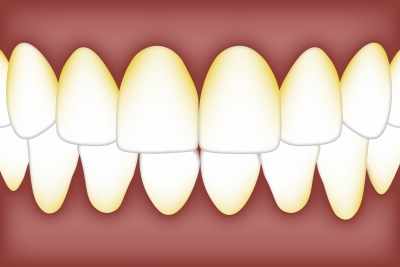New Delhi, 5 February (IANS). Amidst the global growth in cases of Alzheimer’s disease, a study on Wednesday has shown that bacteria on the mouth and tongue may indicate the risk of poor functioning of the brain and neurodogenative disease.
There are some bacteria in our mouth that can increase our memory and attention. But there are also some bacteria that increases the risk of Alzheimer’s disease. Scientists at the University of Exeter, Britain have said this.
These scientists have found that harmful bacteria can harm our brain by going into our blood. In addition, these bacteria can spoil the balance between good and bad bacteria in our body.
This will reduce the conversion of nitrate in nitric oxide – which is an important chemical for brain circulation and memory formation.
“Our research suggests that some bacteria may be harmful to brain health with aging,” said Dr. Joana Lehurx, lead researcher at Exeter Medical School. Lehurex urged to measure bacteria levels during teeth test and regular tests to detect very early signs of brain health.
A study published in a journal called “PNAS Nexus” included 110 participants over 50 years of age. These participants were associated with an online study that monitors brain health. The research team analyzed samples of the mouth of the mouth and studied the population of bacteria present in them.
The results showed that people who had more number of bacteria groups called “neseria” and “hemophilus” in their mouths, their memory, ability to focus and the ability to perform complex tasks. The nitrite level in the mouth of these people was also found to be high.
On the other hand, memory problems were seen more in people with high amounts of bacteria called Porfiromonas.
While the bacterial group called Prevotela was associated with low levels of nitrite. Researchers estimate that this may affect brain health. This bacteria was found more in those who have a risk of Alzheimer’s disease APOE 4.
Professor Anne Corbett of Exeter Medical School said that these findings can provide solutions such as “dietary changes, probiotics, mouth hygiene routines or even targeted treatment”, which can help prevent dementia.
-IANS
AS/






